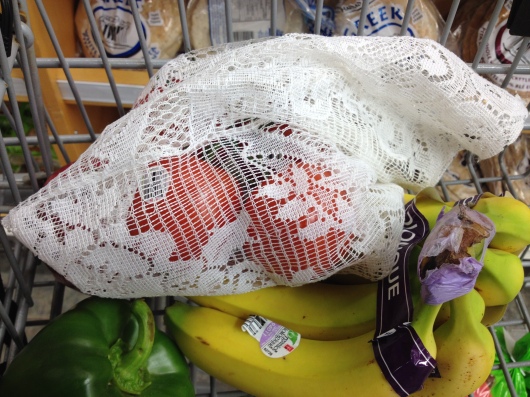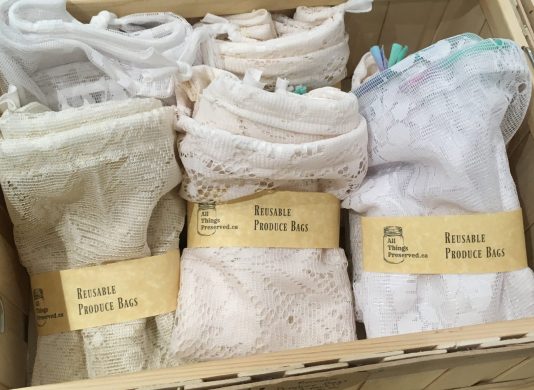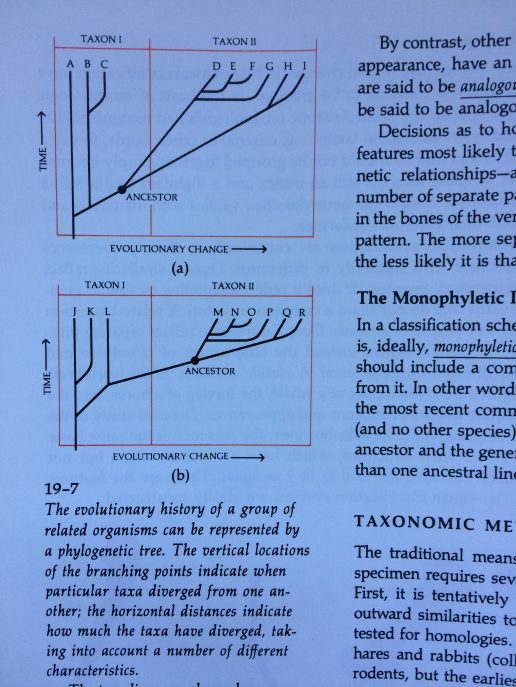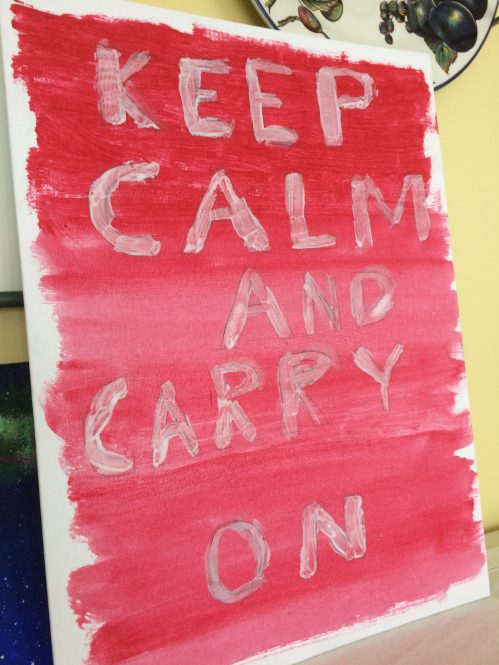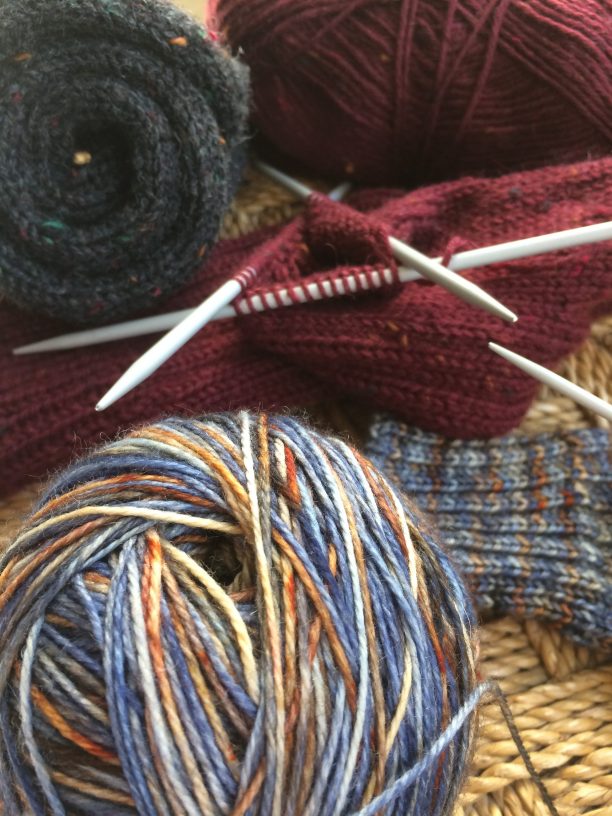January 16th…it’s not too late to post about the new year, is it?
(And also: Trigger warning—this is yet another overly long and weighty post that deals with mental health and existentialism.)
About a month ago, Kate and Rita had a discussion about getting through the dark, cold depths of January and February, and this conversation got me thinking, not for the first time, about how I envision the months of a year.
Do you picture the year in your mind’s eye? Here’s what I see:

As you can see, I picture the year as a clock. Now, a clock has twelve hours and a year has twelve months, so you’d think the months would be evenly distributed, but no: January is at the 12 o’clock mark, but June is at 3, which means that the first six months of the year are squeezed into only three hours. July and August, lazy and hot, stretch out, taking their time and meandering from 3 to 6, while September, the ninth month, packed with paper and pencils and new prospects, runs from 6 until at least 8. October and November follow, shivers that are barely there at all, and December is a month that is so filled with expectation and pressure that it takes nearly a full quarter spin of the dial.
Sometimes—as I’ve pictured above—the gap between one year and the next is non-existent: December 31st is stitched on to January 1st and one year flows seamlessly into the next. Other years, however, it feels as though there’s a rip in time, as though there’s a well of blackness at the 11 o’clock mark and we’re being forced to take a leap across a chasm. The leap from 1999 to 2000 felt enormous, and—if I had been awake for it—I’m certain 2019 to 2020 would have felt the same. But the biggest gap for me was forty years ago, when we sailed from 1979 into 1980.
I was 12 years old on New Year’s Eve 1979, and I had been dragged along to my parents’ friends’ house. I was the only child in their house that evening: My parents’ friends’ much older children were out celebrating, and my brother, 14, had been allowed to stay home. For a while, I wandered the basement, half-heartedly playing a solo game of pool and throwing darts at the board that hung on the faux wood-panelled wall, but as the evening wore on, boredom was replaced by something else: It was almost as though my physical body—the liquid in my veins and the miles-long spools of DNA in my cells—had suddenly become dizzy with the knowledge that it, they, I was situated on a ginormous rock that was spinning in space and hurtling around a star. And as the clock ticked toward midnight, and I was called upstairs for the final countdown to 1980, a suffocating dread of the future hit me and it was all I could do to not—what? Scream? Cry? Take some unspeakable action to remain in 1979? I honestly don’t now know, and the incident didn’t repeat itself until many years later, but I still remember the pain of that moment as though it were yesterday.
I’ve often wondered what it’s like in other people’s heads. Do other people picture the year as a clock? Do other people think about being on a rock hurtling through space? Do other people have brains that spider web out and stick to everything, silently spinning language—beautiful and hideous, comforting and comfortless—providing an endless and exhausting running commentary and analysis of every. single. thing they encounter?
Of course, short of each of us scribbling down our every waking thought—or short of a new technology that turns our thoughts into live-stream videos (please let that never happen)—we can never truly know. That brings me to this:
The other day, my 14-year-old son and I were discussing solipsism, the philosophical framework that says you can’t ever truly know what reality is and that can almost make you believe you are the only real being on this planet.
This wasn’t the first time a conversation with my son has gone miles deep and philosophical. He was only nine when existential dread descended, making every nighttime tucking-in a torturous event filled with tortuous discussion, all answers fielded night after night, week after week, by me. I knew exactly what he was going though, after all, but it broke my heart that he hadn’t managed to at least make it out of childhood before having to deal with such weighty thoughts.
I remember being in first-year university and sitting in an introductory physics class in a dusty lecture hall, my body wedged into one of the small desks that were perched on a ratcheted slope, feeling hemmed in on all sides by the dreams of a few hundred others. Turning to my new friend, a kind boy who had grown up in small-town Alberta, I asked, “Do you ever wonder if all this is a joke?” He looked at me quizzically, not understanding. “You know,” I continued, trying to find words to convey an idea that would form the plot of a movie 13 years later, “Do you ever feel like one day some being will pop down and tell you all this is one big experiment?” The expression on his face slipped from quizzical to incredulous, and I thought, No, clearly, you don’t.
Rita once said (paraphrased because I can’t find the exact post) that we are all the narrators of our own stories, and while solipsism is the narcissistic height of all that, I almost find myself wishing that all this—the world in which we’re living—actually is an experiment.
Of course, harbouring a hope that none of this is real—that I don’t actually live in a province where the government tears down wind turbines and wastes millions on court battles to fight the carbon tax and to make beer more accessible, that the prime minister of another country didn’t actually fly off on holiday while his country was ablaze, and that the president of the most powerful nation on the planet isn’t actually rolling back environmental rules, denying climate change, and mocking schoolchildren—is not only insanity, it’s also sheer irresponsibility.
A couple of weeks ago, I listened to a call-in program on CBC Radio about the generational divide over climate change, and while many people were supportive of the children who had protested in 2019 and even said that the divide was not generational, but political and ideological, there were also one or two callers who said that the children who were protesting climate change were naïve.
This charge of naïveté makes my blood boil.
What is Greta Thunberg’s main message? She’s asking adults to do the Right Thing. She’s asking adults to listen to the scientists. She’s asking adults to be responsible. This is not naïveté; this is a child who has absorbed the lessons that she’s been taught in school: I’m not a teacher, but I did spend about a decade shelving books in school libraries, and I know for a fact there are no books with titles such as This Is Too hard, Let’s Just Give Up! or Someone Else Will Clean Up the Mess! or Pollution: A Noble History or One Person Can’t Possibly Make a Difference!
I suppose I’m now coming off as naïve. Perhaps you’re saying—while bristling—Of course we don’t teach children to pillage the Earth! That’s just the way the world works, that’s just collateral damage from the system we live in. What do you actually expect us, as individuals, to be able to do about the mess we find ourselves in?
Maybe I am being naïve, but I think the most important thing we can do is staring us in the face. It’s right there in the arbitrary number we use to mark the passage of our rock around our star: 2020.
20/20
(Yup, it’s so painfully obvious I didn’t want to write it.)
We can open our eyes. We can seek clarity. And once we do—once we recognize that this mess is an existential crisis—we can focus on what’s important: Community, conversations, connections, and caring—for our planet and all the life on it as well as for each other. After all, this is the only rock we have.
